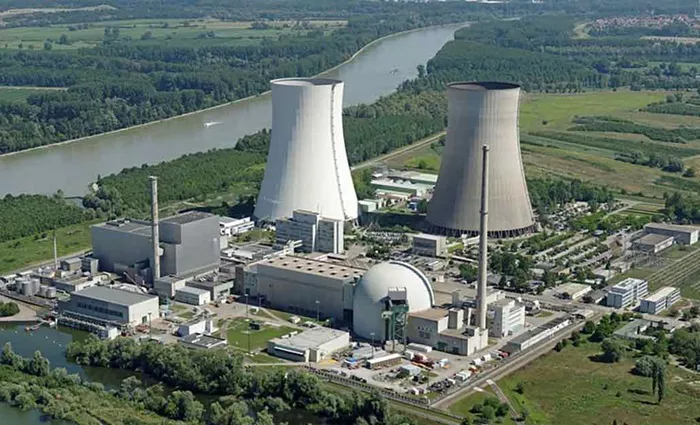Taipei, Taiwan – Taiwan’s second-to-last nuclear power plant ceased operations on Saturday, July 27, heightening concerns about the nation’s potential energy shortages.
The No. 1 unit of the third nuclear power plant, operational since 1985, faced the imminent expiration of its operating license. Beginning in mid-June, the unit commenced a gradual reduction of its daily power output, culminating in its official shutdown on Saturday.
The Taiwan Nuclear Safety Commission announced that following the shutdown, Taipower would adhere to standard load reduction and shutdown procedures, entering the decommissioning phase starting Sunday, July 28. Essential maintenance tasks, including the removal of fuel from the reactor core and maintenance of safety equipment and emergency diesel generators, will follow the unit’s closure.
With the shutdown of the No. 1 unit, Taiwan faces a power deficit of approximately 950,000 kilowatts. Consequently, the contribution of nuclear power to the national grid will decrease from 6.3% to around 3%. To mitigate this shortfall, Taipower has arranged for additional power sources, including the private Fengde Power Plant Unit 3, projected to generate 1.1 million kilowatts.
“Looking at this year and next year, as our Nuclear Power Plant No. 3 units are retired, the capacity of the new units will exceed that of the retired ones,” stated Taipower spokesman Cai Zhimeng.
Taiwan hosts three nuclear power plants, each comprising two units, located in Jinshan, Guosheng, and Ma’anshan. The third nuclear power plant, situated in Hengchun Township, Pingtung County, near Ma’anshan, remains the only active facility. However, the No. 2 unit’s operating license is set to expire in May next year.
According to Taiwan’s “Nuclear Reactor Facility Control Act,” the maximum validity of a nuclear power plant operating license is 40 years. To continue operations beyond this period, an application for license renewal must be submitted five to 15 years before the license expires.
The Kuomintang, advocating for the retention of nuclear power, proposed amendments to abolish the current 40-year operating limit for nuclear power plants before the end of the recent Legislative Yuan session. Supporters argue that extending the operational lifespan of nuclear plants is crucial for Taiwan’s energy security. Taiwan’s People’s Party also backs this amendment.
Bloomberg reported that Taiwan’s move to phase out nuclear power contradicts the global trend of renewed interest in nuclear energy, which is considered a low greenhouse gas emissions option despite its long-term radioactive waste.
Taiwan aims for renewable energy to comprise 25% of its energy mix by 2030, up from 12% this year. However, the burgeoning demand from the semiconductor industry, driven by the artificial intelligence boom, intensifies the focus on potential energy shortages.
Recent large-scale power outages in Taipei, Taoyuan, Kaohsiung, Kinmen, and other areas have prompted opinion leaders such as Pegatron Chairman Tong Zixian and former Academia Sinica President Lee Yuan-tseh to advocate for a reevaluation of Taiwan’s energy policy, emphasizing that “nuclear energy is not the enemy, global warming is.”
The ruling and opposition parties in Taiwan are anticipated to clash over the proposed amendments to the Nuclear Reactor Facility Control Act when the Legislative Yuan reconvenes. Should the amendment pass, the No. 3 nuclear power plant may potentially resume operations.
Related topics:
- How To Use An Electric Generator For Home?
- 3 Quietest Home Standby Generator
- 3 Best Kohler Whole Home Generator In 2024

